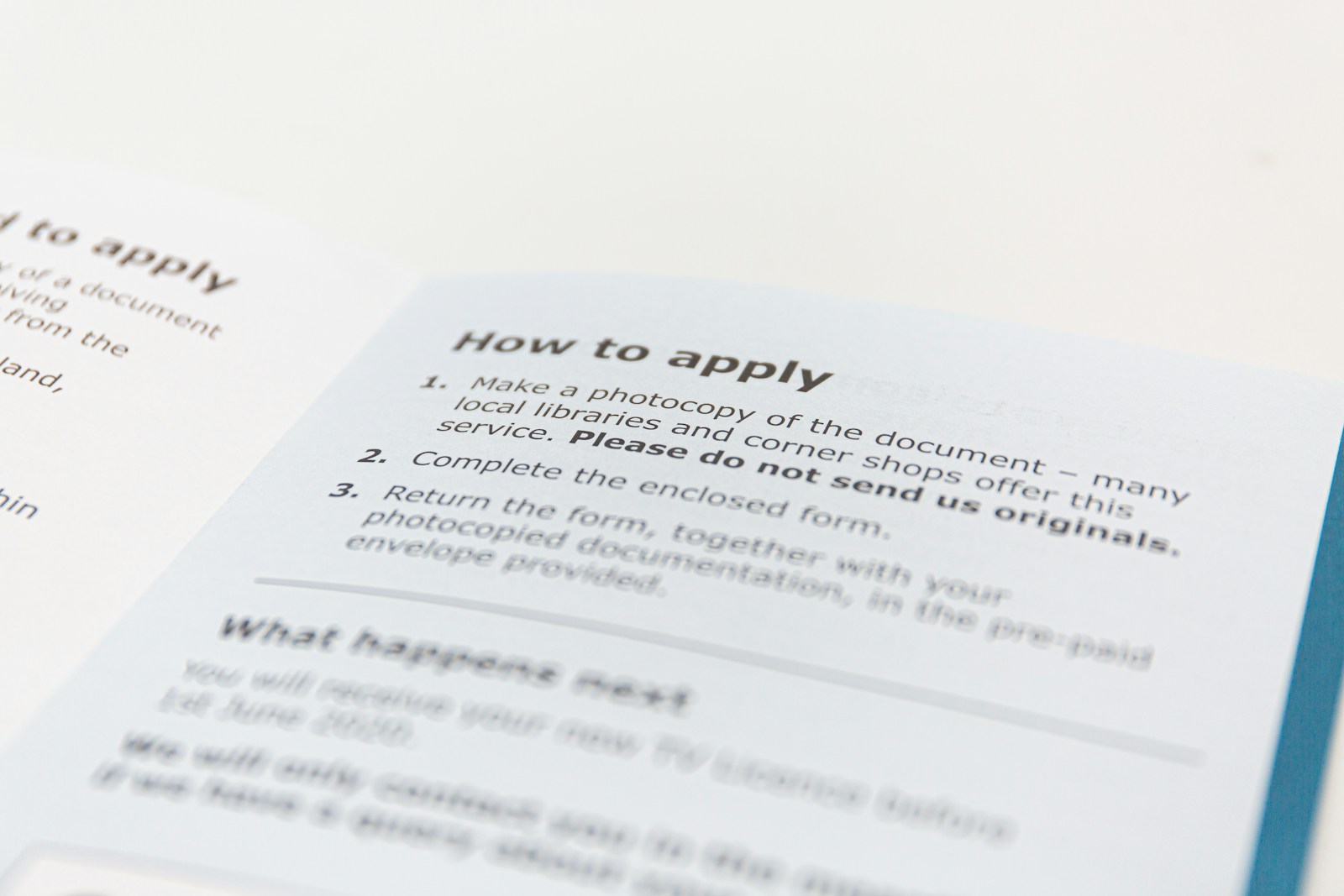Top Mortgage Mistakes to Avoid in the UAE: Secure Your Dream Home Loan
Applying for a mortgage in the UAE is a significant financial step, but common pitfalls can lead to rejection or unfavorable terms. Understanding these mistakes helps you navigate the process smoothly and secure the best possible home loan. Whether you’re in Dubai, Abu Dhabi, or elsewhere in the Emirates, avoid these critical errors to boost your approval chances.
1. Not Checking Your Credit Report Beforehand
Your credit score is crucial for mortgage approval in the UAE. Banks rigorously assess this to determine your reliability. Common credit-related mistakes include:
- Applying with unpaid debts or existing loans
- Ignoring errors on your credit report from AECB (Al Etihad Credit Bureau)
- Making large credit card purchases during the application process
Action Step: Obtain your AECB report 3-6 months before applying and resolve any discrepancies.
2. Underestimating the Total Costs Involved
Many applicants focus solely on the property price and down payment, overlooking substantial additional fees:
- Property valuation fees (up to AED 3,500)
- Mortgage registration fees (0.25% of loan value)
- Bank processing fees (up to 1% of loan amount)
- Real estate broker commissions
- Life insurance premiums
Tip: Budget at least 7-10% of the property value for closing costs in Dubai and other Emirates.
3. Changing Jobs During the Application Process
UAE lenders prioritize job stability. Changing employers while applying often leads to immediate rejection because:
- Banks require 6-12 months continuous employment with current employer
- Probation periods are viewed as high-risk
- Switching from salaried to self-employed status complicates approval
Recommendation: Maintain stable employment throughout the mortgage process and wait until after closing to change jobs.
4. Providing Incomplete or Inaccurate Documentation
Mortgage rejection frequently stems from paperwork issues. Essential documents include:
- Valid Emirates ID and passport copies
- 6-12 months of bank statements
- Attested employment contract and salary certificates
- Property documents (title deed, sales agreement)
- Proof of source for down payment funds
Critical Note: Discrepancies between documents and verbal statements raise red flags for UAE banks.
5. Overlooking the Debt-to-Income Ratio (DBR) Limit
The UAE Central Bank mandates a maximum 50% Debt Burden Ratio for expats and 60% for UAE nationals. Common calculation errors:
- Forgetting to include existing personal loans or car payments
- Underestimating credit card liabilities (5% of total limit counted as monthly payment)
- Miscalculating future mortgage installments
Strategy: Use mortgage calculators from UAE banks and maintain DBR below 40% for stronger approval odds.
6. Making Large Purchases Before Closing
Major financial changes between pre-approval and final signing jeopardize loans:
- Buying a car or luxury items on credit
- Withdrawing large sums from savings accounts
- Opening new credit cards or loans
Bank Perspective: Such actions suggest financial instability or altered repayment capacity.
7. Not Comparing Mortgage Offers Thoroughly
Accepting the first offer often means missing better terms:
- Compare fixed vs. variable rates across UAE banks
- Evaluate early settlement fees (up to 3% in UAE)
- Check flexibility for extra payments
- Review post-handover payment options
Pro Tip: Engage a mortgage broker registered with the Dubai Land Department for tailored market comparisons.
Conclusion: Secure Your UAE Mortgage Successfully
Avoiding these common mortgage mistakes in Dubai and across the UAE significantly increases your approval chances and ensures favorable terms. Prepare thoroughly by checking your credit, maintaining financial stability, budgeting for all costs, and comparing lenders. Consult with UAE mortgage advisors early to navigate regulations effectively. With proper planning, you’ll secure financing for your dream property while avoiding costly errors that delay or derail your homeownership journey.


Leave a Reply